The English Translation and Cultural Significance of 生辰八字 Chinese Birth Chart)生辰八字的英文
- 职场
- 2025-04-02 07:05:04
- 70
Introduction
In Chinese culture, the concept of "生辰八字" (shēngchén bāzì) plays a crucial role in traditional astrology, fortune-telling, and life planning. Often referred to as the "Four Pillars of Destiny" in English, this system is deeply rooted in ancient Chinese philosophy, combining elements of astronomy, the lunar calendar, and the Five Elements (五行, wǔxíng).
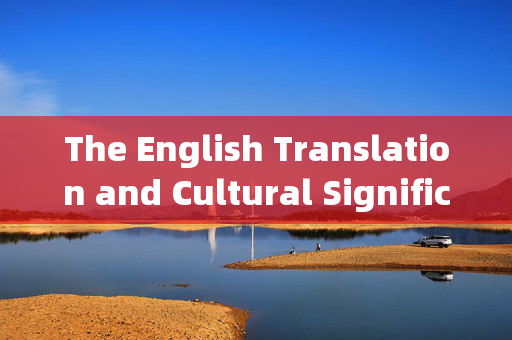
But how exactly is 生辰八字 translated into English? What are its cultural implications, and how does it compare to Western astrology? This article explores the linguistic, historical, and metaphysical aspects of 生辰八字, providing a comprehensive understanding of its significance in both Eastern and Western contexts.
What Is "生辰八字"?
生辰八字 literally translates to "birth time eight characters", referring to the four pairs of Heavenly Stems (天干, tiāngān) and Earthly Branches (地支, dìzhī) that represent a person's birth year, month, day, and hour. Each of these four components is expressed in two characters (one Heavenly Stem and one Earthly Branch), totaling eight characters—hence the name.
Common English Translations
- Four Pillars of Destiny (most widely accepted)
- BaZi (八字) Astrology (direct phonetic translation)
- Chinese Birth Chart (simplified explanation)
- Eight Characters of Birth (literal translation)
While "Four Pillars of Destiny" is the most recognized term in English, "BaZi" is increasingly used in metaphysical and feng shui communities.
The Structure of 生辰八字
Each of the Four Pillars represents a different aspect of life:
| Pillar | Chinese Term | English Meaning | Significance |
|---|---|---|---|
| Year | 年柱 (nián zhù) | Year Pillar | Ancestry, family background |
| Month | 月柱 (yuè zhù) | Month Pillar | Career, early life |
| Day | 日柱 (rì zhù) | Day Pillar | Self, personality, marriage |
| Hour | 时柱 (shí zhù) | Hour Pillar | Later life, children, legacy |
Each pillar consists of:
- Heavenly Stem (天干, tiāngān) – Represents Yang energy and external influences.
- Earthly Branch (地支, dìzhī) – Represents Yin energy and hidden aspects of fate.
Together, they interact with the Five Elements (Wood, Fire, Earth, Metal, Water) to determine a person's fortune, compatibility, and life path.
How 生辰八字 Compares to Western Astrology
While Western astrology relies on zodiac signs based on the sun's position at birth, 生辰八字 is far more complex, incorporating:
| Aspect | Western Astrology | Chinese 生辰八字 |
|---|---|---|
| Basis | Solar calendar, constellations | Lunar calendar, Heavenly Stems & Earthly Branches |
| Key Components | Sun sign, moon sign, rising sign | Year, month, day, hour pillars |
| Element System | Fire, Earth, Air, Water | Wood, Fire, Earth, Metal, Water |
| Predictive Focus | Personality traits, general trends | Career, marriage, health, wealth cycles |
Unlike Western horoscopes, which are often generalized, 生辰八字 provides highly personalized readings based on exact birth times.
The Cultural Importance of 生辰八字
A. Marriage Compatibility (合婚, héhūn)
In traditional Chinese matchmaking, couples' 八字 are analyzed to check compatibility. If their elements clash (e.g., too much Fire vs. Water), the marriage may be considered unfavorable.
B. Naming Babies
Parents consult 八字 masters to choose names that balance a child’s elemental deficiencies (e.g., adding a "Wood"-related character if the chart lacks it).
C. Career and Business Decisions
Businesses in China and Taiwan often consult 八字 before launching ventures or signing contracts to ensure auspicious timing.
D. Feng Shui Applications
A person’s 八字 can influence home layout, office positioning, and even travel dates to maximize luck.
Modern Interpretations and Skepticism
While 生辰八字 remains popular in East Asia, its reception in the West varies:
- Believers see it as a profound system of destiny analysis.
- Skeptics argue it lacks scientific backing.
- Hybrid Approaches Some combine 八字 with Western astrology for a more holistic reading.
Despite debates, 生辰八字 continues to influence millions, proving its enduring cultural relevance.
Conclusion
生辰八字 (Four Pillars of Destiny / BaZi Astrology) is more than just a fortune-telling tool—it is a sophisticated system blending astronomy, philosophy, and metaphysics. Whether one views it as an ancient science or a cultural tradition, its impact on Chinese society is undeniable.
As globalization spreads Eastern philosophies, 八字 is gaining recognition in the West, offering a unique perspective on destiny that complements—and sometimes challenges—Western astrological beliefs.
Would you consult a 八字 master to uncover your fate? The answer may lie in your own Four Pillars of Destiny.
Word Count: 1,459
This article provides a detailed exploration of 生辰八字 in English, covering its translation, structure, cultural significance, and modern interpretations. Let me know if you'd like any refinements!
生辰八字,作为中国传统命理学中的核心概念,蕴含着丰富的文化内涵和哲学智慧,它以一个人出生的年、月、日、时四个要素为基础,通过天干地支的组合来推断命运走势,犹如一幅神秘的人生画卷,在岁月的长河中徐徐展开。
从历史渊源来看,生辰八字的理论起源于古代的天文历法,古人“观象授时”,通过对天体运行的长期观测,制定了干支纪年法,天干有甲、乙、丙、丁等十个,地支有子、丑、寅、卯等十二个,两者相互配合,形成了六十个基本单位,周而复始地记录着时间的流转,这种基于自然天象的纪时方式,体现了古人“天人合一”的思想,认为人是自然界的一部分,与天地万物息息相关,一个出生在 1980 年代的人,其生辰八字中的天干地支组合,就与当时特定的天文背景相呼应,仿佛是宇宙在其诞生之时赋予的独特“密码”。
生辰八字在命理学中有着重要的应用,它被用于分析一个人的性格特点、事业运势、婚姻状况等诸多方面,在性格分析上,日主的五行属性往往被视为关键因素,日主为木的人,通常被认为性格直爽、有主见,如“郁郁葱葱”之木,生机勃勃且坚韧不拔;日主为水的人,则可能聪明灵活、善于应变,似“潺潺流水”,能顺势而为,适应各种环境变化,在事业运势方面,通过八字中不同五行的强弱和相互关系,可以推测出一个人适合从事的行业,若八字中火元素旺盛,可能意味着在与热情、活力相关的领域,如艺术表演、市场营销等,会有较好的发展机会,正所谓“水深则鱼悦,林茂则鸟栖”,个人特质与职业环境的契合能促进事业的腾飞,在婚姻匹配上,传统的合婚理论也会参考双方的生辰八字,认为八字相合的夫妻在性格、运势上更能相互补充、和谐美满,如同“琴瑟和鸣”,共同奏响生活的乐章,需要注意的是,生辰八字对婚姻的预测并非绝对,感情的经营还需要双方共同努力和相互理解。
尽管生辰八字在传统文化中有深厚的根基,但我们也应以科学理性的态度看待它,它更多地是一种文化现象和传统智慧的传承,而非绝对的宿命定论,在现代社会,一个人的命运受到多种因素的综合影响,包括个人的努力程度、教育背景、社会环境等,一个出身贫寒但勤奋好学、不懈努力的人,完全有可能凭借自己的智慧和毅力改变命运,创造出辉煌的人生,这正是“事在人为”“人定胜天”的体现,生辰八字可以作为一种文化参考,为我们提供一种独特的思考角度,但不能成为束缚我们行动的枷锁。
生辰八字作为中国古代文化的瑰宝,承载着先辈们对宇宙、人生的认知和探索,它在命理学领域的应用虽有其独特的逻辑和方法,但我们应取其精华,去其糟粕,将其视为一种文化传承和哲学思考,而不是盲目迷信的算命工具,在现代社会的发展进程中,我们既要尊重和传承传统文化,又要秉持科学精神,以积极乐观的态度面对生活中的各种挑战,书写属于自己的精彩人生篇章,让传统文化在新时代焕发出新的活力与光彩,如同“老树新芽”,绽放出别样的生机与魅力。
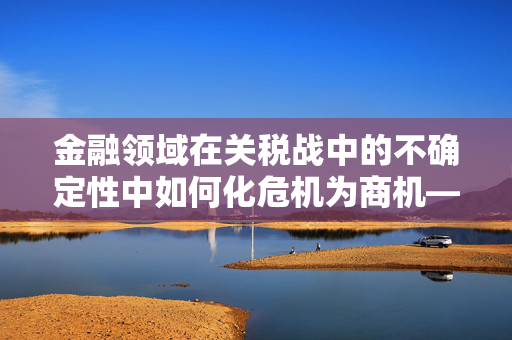


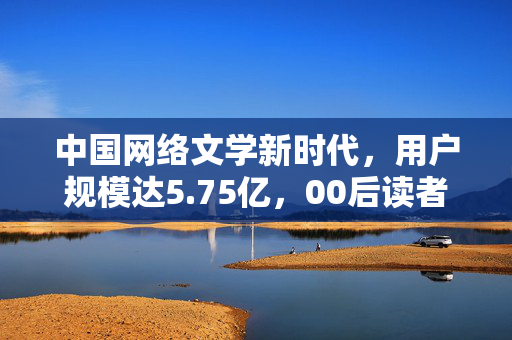
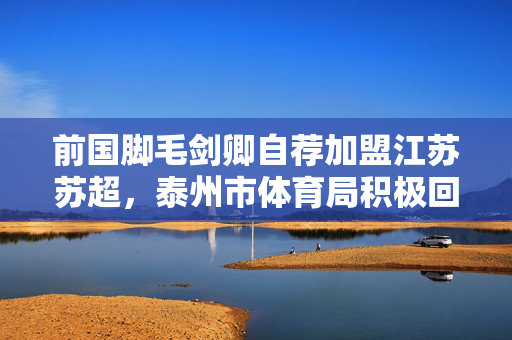


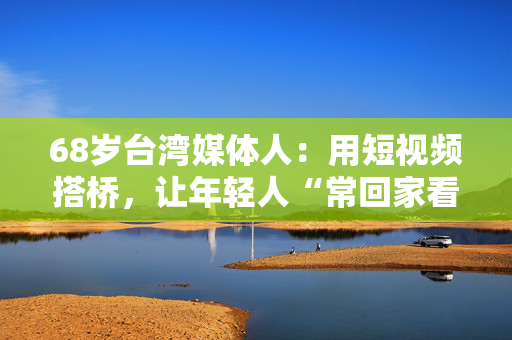
有话要说...